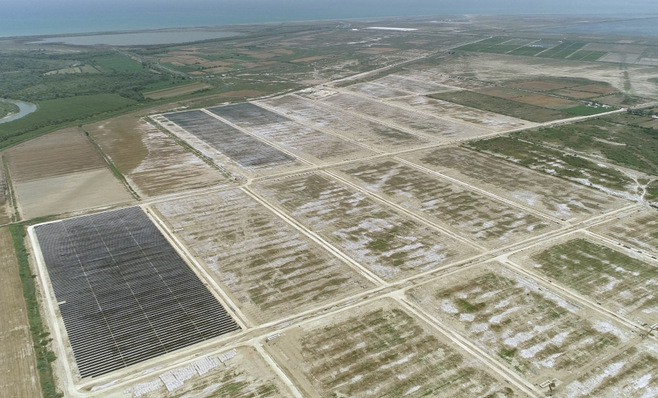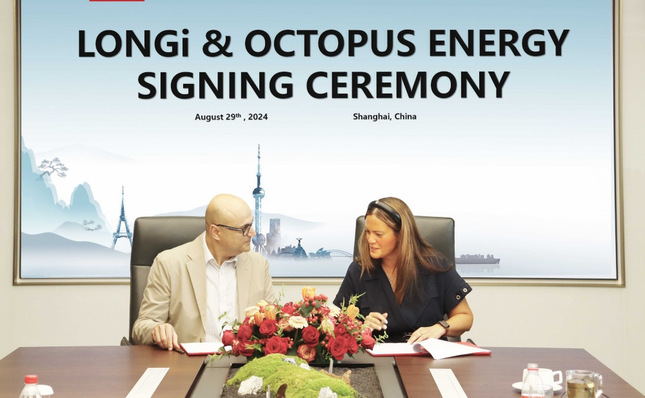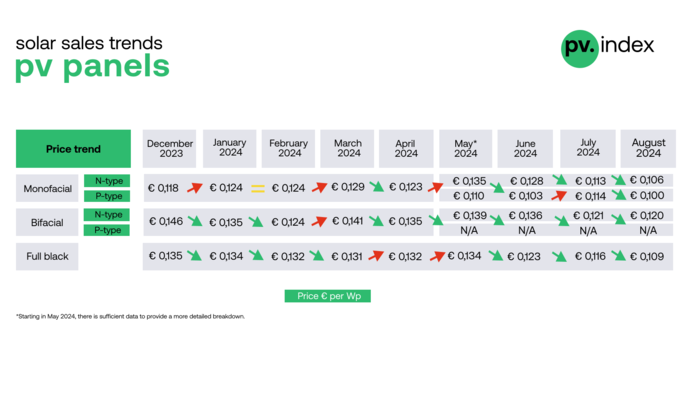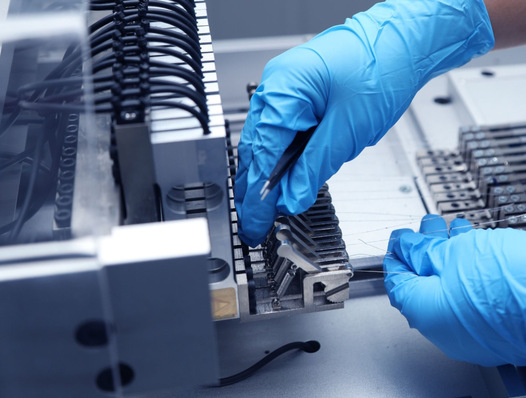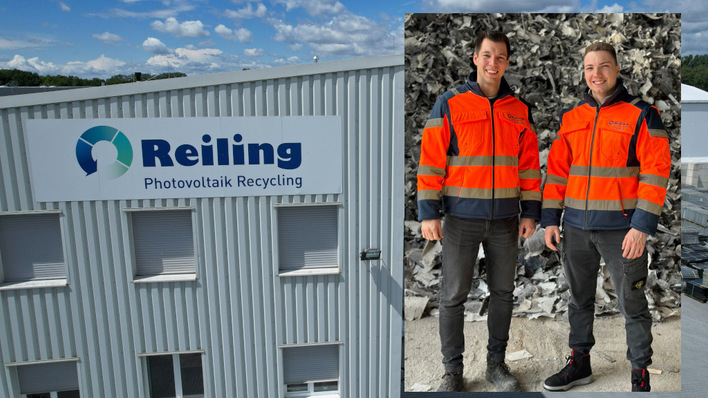pv Europe: What are PPAs?
Jochen Hauff: A power purchase agreement (PPA) is a contract between a generator of electricity and a buyer. PPAs are not a new concept and have been around for some time. Over recent years however, we have seen a significant surge in the renewable energy PPAs largely driven by corporates within the commercial, industrial and institutional (C&I) sector.
What are the benefits of PPAs?
A typical PPA will run for 10-20 years. This long-term commitment helps provide finance for renewable energy developers, either when initially developing a project and/or on an ongoing basis thereafter, while for the buyer it secures a source of reliable and affordable clean energy.
For corporate buyers, these twin attractions provide a dual benefit. Sourcing from renewables helps to drive forward sustainability goals and reduce C02 emissions; many corporates are setting specific targets in this regard. And the rapidly increasing competitiveness of renewable energy helps to drive down energy costs; a significant overheard for any business. The length of time a PPA will run for is the key to this economic attractiveness as it allows corporations to reduce their exposure to price volatility in the market over the long term.

How engaged are you already in this field?
BayWa r.e. has been active in the PPA market since 2012. Really from the very beginning of their growth in Europe. The UK led the way in Europe initially and we were one of the leading players in the corporate PPA market there. Being involved in such a significant way, from such an early stage, has given us invaluable experience. We were effectively working with some of Europe’s earliest adopters and by helping them to put PPAs in place, we now have knowledge and expertise throughout the business that is helping us to support corporations throughout Europe and beyond. This has become such a significant part of business that last year we established a dedicated team within BayWa r.e. with a key focus on supporting corporate and industrial clients who wish to source more of their energy from renewables. Of course, a PPA is just one of many options, which also include self-consumption, battery storage and hybrid options. And that’s just for electricity consumption. As part of a fully holistic approach, we also look at heat and mobility to provide energy solutions to customers that leverage the full portfolio of our group. Combining renewable energy from wind or solar with charging stations to power electric vehicles of a corporate fleet is one obvious example.
How do you assess the potential of PPAs?
The growth in PPAs over the last five years has been remarkable. From a global perspective, the US has really led the way. Bloomberg New Energy Finance (BNEF) reports that over 2 GW of bilateral corporate wind and solar PPAs were signed in the Americas in 2016.
Europe is also seeing significant growth with some 1 GW of wind and solar PPA contracts signed in 2016. Indeed, the same BNEF research highlighted that wind and solar PPAs outside the US more than doubled last year to nearly 2 GW. Away from Europe, a significant amount of growth came from the Asia-Pacific region. This very much reflects our focus as a business with Europe, the US and Asia-Pacific all being key growth markets for us.
However, while the growth of PPAs has been notable, we are really just at the start. Within the C&I sector much of the growth has been driven by the leading multinationals, especially with the tech sector; the likes of Apple, Google and Microsoft. These are the trailblazers who, together with other major corporates that make up the RE100, have committed to sourcing 100 percent of their energy from renewables. However, the bigger challenge will come from supporting businesses and organisations in the next tier down. The benefits are exactly the same for them, reduced carbon footprint and lower energy costs, but as with the evolution of any market those that follow on from the early adopters often need more help and support.
Often, we are finding that the desire is there and the benefits are already recognised. Targets for renewable energy may also already be in place. But in making the transition, the majority of corporates lack the knowledge and expertise to make it happen; which is entirely understandable. This is where we and our C&I team come in. By understanding the corporate’s business area, where they are in the world and what they are trying to achieve, we can then work together to find a renewable solution that best works for them.
Are there still some political and legal hurdles and other challenges for corporate PPAs from your point of view?
There will always be hurdles to overcome. And yes, some of these will be political. Others, as mentioned, are currently more related to the maturity of the market. The rise of corporate PPAs can arguably be seen as corporates taking matters into their own hands and driving the energy agenda themselves; rather than waiting for governments and policy to catch up. However, politics will still be hugely influential.
The specific regulatory framework within a given country a corporate is located will have a significant influence on the PPA or even whether a PPA is the best option. For multinational corporates, this may mean taking different approaches in difference countries. Europe is arguable well positioned to have a more homogeneous approach, but even in the EU we still see different models emerging, which can create any number of regulatory and legal hurdles.
Ultimately though, PPAs are being driven by underlying market forces. Reducing C02 emissions is a global objective and when that same objective combines with solutions that also drive down energy costs, you create a very powerful attraction. Whether driven politically through the right regulatory framework or by corporations, who in turn will put pressure on governments to put in place the right regulatory framework, the outcome is the same.
That outcome being increasing numbers of corporations sourcing more and more of their energy from renewable sources. And whether that’s through PPAs or other solutions, it’s safe to say we are only at the beginning of what will be the most significant energy transition in generations.
Interviewed by Hans-Christoph Neidlein
Register here for RE-Source 2017 in Brussels, October 10-11.
Stay informed, get your free newsletter twice a week, subscribe here
http://www.pveurope.eu/News/Markets-Money/Mitigating-financing-risks-is-key


